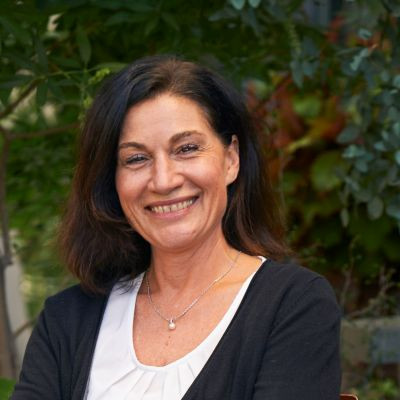First product from Fischer-Tropsch pilot plant goes into fleet testing
Sustainable gas generation: A technology with many possibilities
The production of synthesis gas (colloquially: syngas) from biomass or from residues is a key technology for the development of sustainable biorefineries. Dual fluidized bed (DFB) steam gas production has already been developed for woody biomass in the energy sector from laboratory to commercial scale. The COMET Competence Center BEST - Bioenergy and Sustainable Technologies GmbH has been collaborating with the Institute of Process Engineering, Environmental Engineering and Technical Biosciences (ICEBE) at the Vienna University of Technology for years on the further development of the dual fluidized bed technology. In Vienna-Simmering, BEST operates the Syngas Platform Vienna, where, among other things, research is being conducted on a 1 MW demonstration plant for syngas production. At this plant waste and sewage sludge incineration plant, it is possible to use residual materials on on a pre-industrial scale for research. The technology makes it possible to generate syngas from residual materials via a thermo-chemical conversion process, which in turn can be converted into sustainable energy carriers such as fuels, natural gas substitutes, hydrogen or into basic materials for the chemical industry. If the starting materials used are of renewable origin (wood, residual wood, sewage sludge, biogenic waste, ...), the end products are also 100% renewable. Additionally, unavoidable non-renewable waste can be processed in the same way making the best of waste that might otherwise just go to a landfill.
BPD Fischer-Tropsch (FT) synthesis plant
In late fall 2022, the first test operation of a worldwide unique plant for the production of green feedstocks for the chemical industry as well as for the production of high-quality fuels (diesel, kerosene) - a Fischer-Tropsch synthesis plant with a production capacity of 1 barrel of synthetic crude oil per day (BPD: Barrel Per Day) - took place at the Syngas Platform Vienna. The pilot plant was built in the period 2021-2022 and connected to the 1 MW DFB demonstration plant for gas production to form a complete process chain in October 2022. With the start-up of this plant, an important step has been achieved to further improve the economics of second generation biofuel production. Valuable knowledge can be gained along the path from laboratory to industrial plant, and further development of the technology can be advanced to industrial scale. Instead of converting waste into electricity and heat, clean fuel is produced to be blended with conventional diesel. Due to the excellent quality of FT diesel, it burns with lower pollutant emissions in the diesel engine and can thus contribute to the reduction of greenhouse gas emissions (soot, nitrogen oxides).
First product and fleet test in Vienna's public transport buses
During commissioning and test operation, the first Fischer-Tropsch raw product was produced and subsequently processed into high-quality diesel fuel by project partner OMV. In a test run with a Vienna public transport bus, the sustainable biofuel is mixed with fossil diesel in various ratios and analysed with regard to emission and consumption behavior. According to a study by Joanneum Research, the "wood diesel" boasts a CO2 reduction of almost 90 percent compared to fossil diesel and can therefore achieve a significant CO2 reduction depending on the blending ratio. Another advantage of obtaining diesel from wood and biogenic residues is that there is no competition with foodstuffs. The process can also be used to produce aviation fuels from renewable raw materials.
Overall, thermochemical synthesis gas production and subsequent syntheses can be used to establish process chains that have the potential to become central components of a future "green economy," especially for Austria, which is rich in forests. Within the Waste2Value project, process chains for the production of fuels from biomass and residues are being worked on. BEST is in charge of the project management and scientific research. In addition to Wien Energie and SMS group Process Technologies, Wiener Linien, Wiener Netze, Österreichische Bundesforste, Laakirchen Papier AG and OMV are also involved in the project. Scientific partners are the Vienna University of Technology and the Luleå University of Technology. The project is funded by the Austrian Research Promotion Agency (FFG).
State-of-the-Art Fischer-Tropsch Catalysts
Sasol Chemicals has provided its most recently developed catalyst for Fischer-Tropsch synthesis. The catalyst is a key component of a project to prove the concept of converting biomass and residues into high-value product streams for renewable fuel applications. Sasol has over 70 years of experience in Fischer-Tropsch technology and is involved in pioneering research and pilot projects. For example, the company is a leading partner in the CARE-O-SENE project (“Catalyst Research for Sustainable Kerosene”), a government-funded consortium of German and South African industrial and academic partners that aims to improve the performance of catalysts in FT synthesis to accelerate the large-scale production of sustainable aviation fuels (SAF).
2023-04-04
